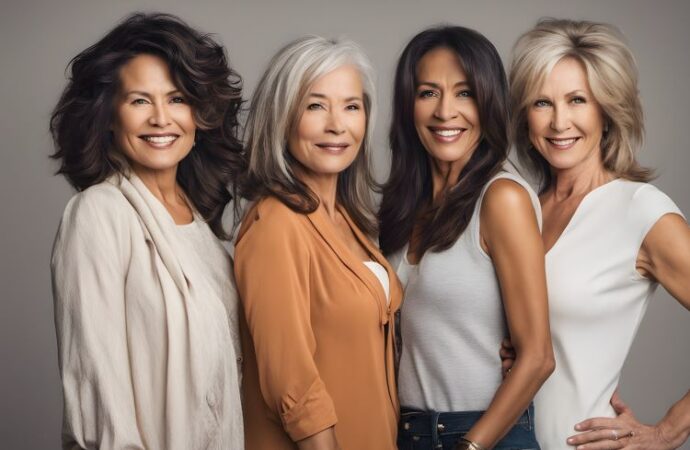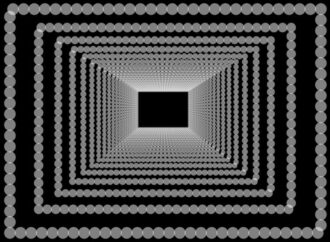Beauty, a concept as old as humanity itself, has been a subject of fascination, contemplation, and debate for centuries.
But what is beauty? Is it an objective truth that exists independently of our perceptions, or is it purely subjective and shaped by cultural influences? In this blog post, we’ll embark on a journey to explore the philosophy of beauty, questioning its nature and the role culture plays in shaping our understanding of it.
Objective Beauty: A Universal Standard?
Some argue that beauty is an objective quality, inherent in certain objects or beings. They posit that beauty possesses an intrinsic value that transcends individual opinions and cultural boundaries. Proponents of this view often point to mathematical proportions and symmetry found in nature, such as the golden ratio, as evidence of an objective standard of beauty.
In art, the classical works of Michelangelo, the symmetry of the Parthenon, and the harmony in a Beethoven symphony are often cited as examples of beauty that can be universally appreciated. These proponents believe that our recognition of such beauty is not merely a product of culture but rather a reflection of an underlying truth.
Subjective Beauty: Shaped by Culture and Individual Perspective
On the other hand, some argue that beauty is entirely subjective and culturally influenced. They contend that what one society deems beautiful may differ drastically from the standards of another culture. This perspective suggests that beauty is not a fixed quality but rather a product of our personal experiences, values, and the society in which we live.
For instance, consider the concept of physical beauty. Different cultures have varied preferences regarding physical appearance, such as body size, skin tone, and facial features. These preferences are often deeply rooted in cultural norms, history, and societal values. What one culture finds attractive may not resonate similarly in another.
The Role of Culture in Shaping Beauty
Culture plays a pivotal role in shaping our perception of beauty. It influences our preferences in art, fashion, architecture, and even interpersonal relationships. Beauty ideals are propagated through media, advertising, and societal norms, leading us to internalize and accept certain standards as the epitome of beauty.
However, this cultural influence raises a crucial question: Does the pervasive nature of cultural standards diminish the possibility of recognizing objective beauty? Or does it merely reinforce the idea that beauty is inherently subjective?
Pertinent Questions to Ponder
- Is there a universal standard of beauty that transcends cultural and individual biases?Consider whether certain aspects of beauty, such as symmetry or proportion, can truly be objective qualities that transcend cultural boundaries.
- How does culture influence our perception of beauty?Reflect on how your culture has shaped your personal definition of beauty. Are there aspects of beauty that you’ve realized are culturally conditioned?
- Can we separate our personal biases from our perception of beauty?Explore the idea of whether it’s possible to recognize and appreciate beauty without the influence of your cultural background and personal experiences.
- Is beauty a fixed concept, or does it evolve over time?Think about how beauty ideals have changed throughout history and whether they continue to evolve today.
The philosophy of beauty is a captivating and complex subject that challenges us to contemplate the nature of our aesthetic experiences. While some argue for the existence of objective beauty, the weight of evidence suggests that cultural influences and individual perspectives play a significant role in shaping our perception of beauty.
As you ponder the questions raised in this exploration of beauty, remember that beauty, in all its subjectivity, remains a source of inspiration, creativity, and connection for humanity. So, is beauty truly in the eye of the beholder, or is there more to it than meets the eye?
#BeautyPhilosophy #ObjectiveOrSubjective #CulturalInfluence #Aesthetics #UniversalBeauty #PerceptionOfBeauty #SubjectiveBeauty #CulturalPerspectives #BeautyIdeals #PhilosophyOfBeauty

























